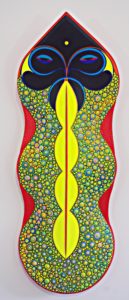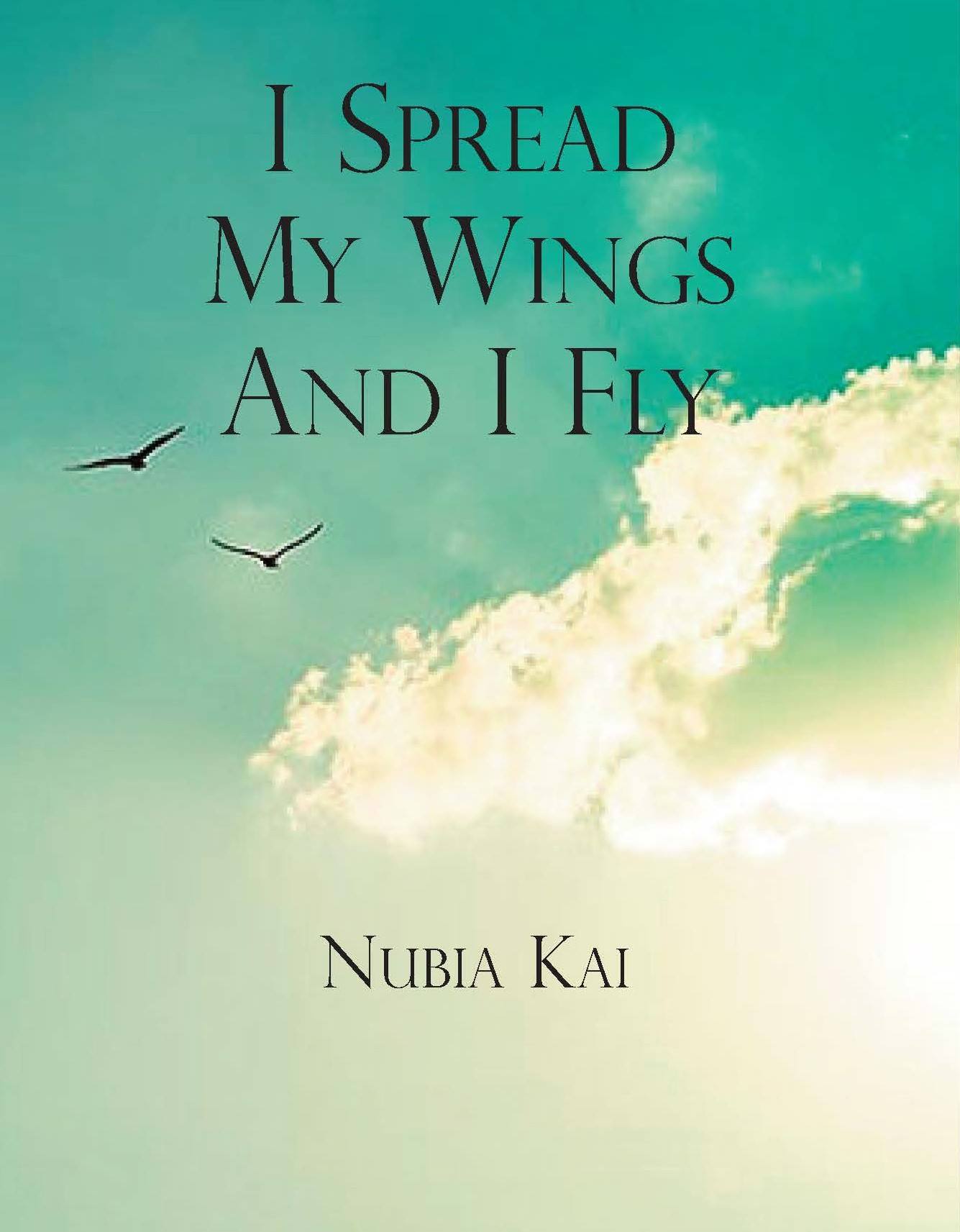by ACKLYN LYNCH

Maroons are certainly forgotten, here…there…everywhere. How can we remember them today when Hollywood movies, social media, and Silicon Valley have been responsible for asserting 21st century technology and reality while replacing today’s fantasy. Nubia Kai, a retired Howard University professor, continues to urge us to remember yesterday’s reality as she “spreads her wings and flies.” She has recognized the daily tragedy of the Middle Passage in the exercise of her literary responsibilities as an academician to engage American students together with other global students to confront the reality of the dramatic resistance to slavery, neo-colonialism, and mass incarceration. Furthermore, as a novelist she deepens our knowledge in the search for consciousness related to the specific determination of marronage in Haiti, Louisiana, Brazil, Jamaica, etc. This dignified search for freedom led the spiritual affirmation that tomorrow’s destiny does not suggest or confirm the pursuit of being “free to be dumb,” but rather expresses a determination to move beyond one’s enslaved tragedy.
I Spread My Wings and I Fly follows Caleb, the son of a maroon, who walks in his father’s footsteps. Making the trek to freedom, he finds himself forced to reckon with the meaning of life, love, sorrow, pain, and joy. In the novel, his journey as petit maroon, as grand maroon, and finally to revolt is one that defined the meaning of Black resistance.
This disturbing human experience of the Middle Passage which designed the painful exploitation assessed by European dominance in its search for modernity, has never left the global landscape in many ways—deeply reflecting war, violence, brutal human exploitation, greed, insanity, and death at an early age. This permanent, painful tragedy for over the last six centuries characterized not only by war and brutal violence, but more importantly by the tragic racist and religious documentation that defines an unearthly political, economic, social and psychological pathology that we have not been able to transform even up to this moment.
For Dr. Nubia Kai, the cry for redemption can be heard beyond Dr. Martin Luther King’s journey, “I’ve Been to the Mountaintop.” No doubt she has to “spread her wings” as she flies into an imperative historical analysis that can be recognized globally, here, there, and everywhere… even though she locates the narrative in a Louisiana landscape amidst relentless challenge for freedom. Parallels sprout like palmettos of marronage experiences of the Dismal Swamp, the Underground Railroad, or the heroic Civil Rights Movement in the sixties to Attica, Blues, Max Roach’s Freedom Now Suite as well as John Coltrane’s confirmation…A Love Supreme. The very presence of these expressions of spiritual affirmation exemplified in the maroon activities in I Spread My Wings And I Fly have remained an essential part of our political inspiration that sings like Paul Robeson—whose ancestors lived in the Dismal Swamp—”No More Auction Block for Me,” while confronting the painful lynchings in the early part of the 20th century. “Let the nigger bleed,” he said as he laid the whip on the slave’s back. He claimed to be King of the Barnyard.
“Let the nigger bleed. That’s what niggers is for—to bleed. You damn rascals. Let the nigger bleed and let that be a lesson to any of you who think this field not gonna be hoed down and the cane ready for cutting in two weeks” (36).
How long have we been listening to this threat? From day one, since the arrival of Africans as slaves in the Americas after a cruel journey across the horrific Atlantic Ocean. Even today Dr. Nubia Kai hears the painful voice. “Yessuh Mastuh.” Here, there, and everywhere. Inside and outside the barrier’s dens giving claim to voices of the voiceless, those who fail to remember the maroons or “spread their wings and fly” to Michigan, Mississippi, or Missouri.

